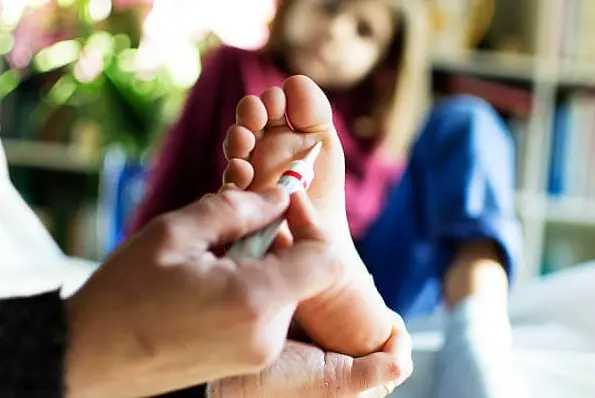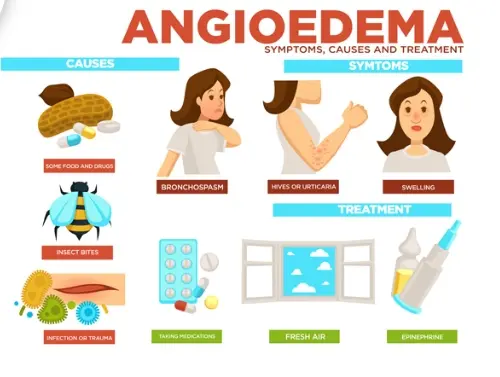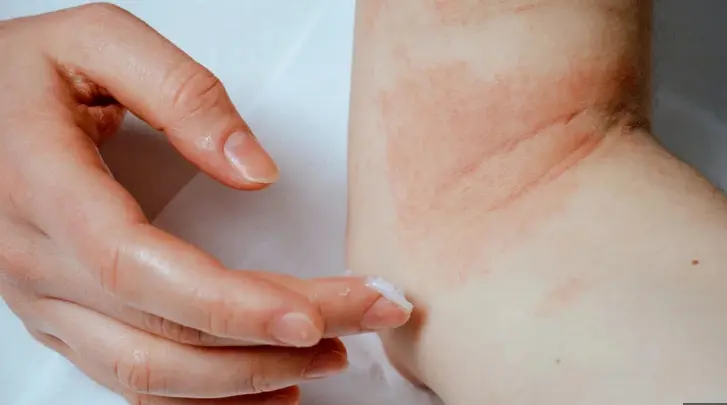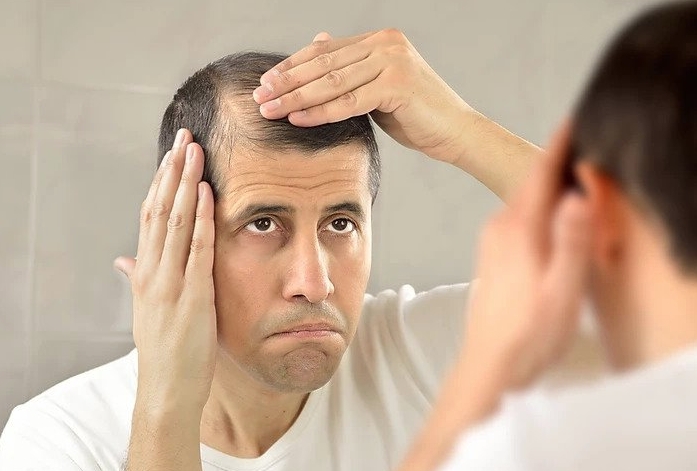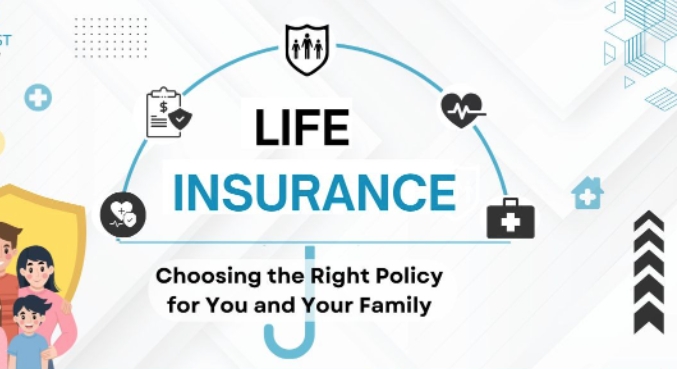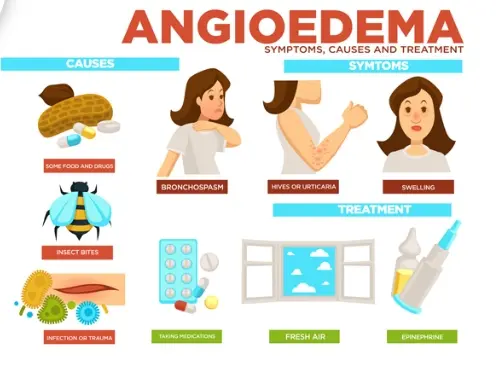Causes of Genital Warts
Human Papillomavirus (HPV)
Genital warts are primarily caused by HPV, a group of viruses that includes over 100 different strains. Specifically, strains HPV-6 and HPV-11 are responsible for the majority of genital wart cases. HPV is highly contagious and can be transmitted through skin-to-skin contact during vaginal, anal, or oral sex with an infected person.
Risk
Understanding Genital Warts: Causes, Symptoms, and Treatment
Genital warts are a common sexually transmitted infection (STI) caused by certain strains of the human papillomavirus (HPV). These warts can cause discomfort, embarrassment, and anxiety for those affected. Understanding the causes, recognizing the symptoms, and knowing the treatment options available are essential for managing this condition effectively.
Causes of Genital Warts
Human Papillomavirus (HPV)
Genital warts are primarily caused by HPV, a group of viruses that includes over 100 different strains. Specifically, strains HPV-6 and HPV-11 are responsible for the majority of genital wart cases. HPV is highly contagious and can be transmitted through skin-to-skin contact during vaginal, anal, or oral sex with an infected person.
Risk Factors
Certain factors can increase the risk of contracting genital warts:
- Multiple Sexual Partners: Having multiple sexual partners increases the likelihood of exposure to HPV.
- Unprotected Sex: Not using condoms or dental dams can facilitate the transmission of HPV.
- Immune System Weakness: Individuals with weakened immune systems, such as those with HIV/AIDS or those taking immunosuppressive drugs, are at higher risk.
- Age: Genital warts are more common in young adults, particularly those in their late teens and early 20s.
Symptoms of Genital Warts
Appearance and Location
Genital warts typically appear as small, flesh-colored or gray swellings in the genital area. They can be flat, raised, or have a cauliflower-like appearance. In men, warts may appear on the penis, scrotum, or around the anus. In women, they can develop on the vulva, vaginal walls, cervix, or around the anus.
Physical Discomfort
While some individuals may not experience symptoms, others may have:
- Itching or Discomfort: Warts can cause itching or discomfort in the genital area.
- Bleeding During Intercourse: Friction during sexual activity can cause warts to bleed.
Psychological Impact
The presence of genital warts can lead to emotional distress, including feelings of shame, anxiety, and depression, affecting one's mental health and quality of life.
Diagnosis of Genital Warts
Physical Examination
A healthcare provider can often diagnose genital warts through a visual examination of the affected area. In some cases, a vinegar solution may be applied to highlight warts that are not easily visible.
Pap Smear
For women, a Pap smear can help detect HPV-related changes in the cervix. This test involves collecting cells from the cervix to examine for abnormalities.
HPV DNA Test
An HPV DNA test can identify the presence of high-risk HPV strains that may lead to cervical cancer. This test is often done in conjunction with a Pap smear.
Treatment of Genital Warts
Topical Treatments
Topical medications are commonly used to treat genital warts:
- Imiquimod (Aldara, Zyclara): This cream boosts the immune system's ability to fight HPV.
- Podophyllin and Podofilox (Condylox): These solutions help destroy wart tissue.
- Trichloroacetic Acid (TCA): This chemical treatment burns off warts.
Surgical Treatments
For larger or persistent warts, surgical options may be recommended:
- Cryotherapy: Freezing warts with liquid nitrogen.
- Electrocautery: Burning warts with an electric current.
- Laser Treatment: Using a laser to destroy warts.
- Excision: Surgically cutting out warts.
Vaccination
The HPV vaccine can prevent genital warts and certain types of cancers. It is most effective when given before an individual becomes sexually active but can still offer benefits to those who have already been exposed to HPV.
Prevention of Genital Warts
Safe Sex Practices
Practicing safe sex can significantly reduce the risk of contracting HPV and genital warts:
- Use Condoms: Consistent use of condoms or dental dams during sexual activity can lower the risk of transmission, although it may not eliminate it entirely.
- Limit Sexual Partners: Reducing the number of sexual partners can decrease exposure to HPV.
Regular Screening
Regular medical check-ups and screenings, such as Pap smears for women, can help detect HPV-related issues early and prevent complications.
Vaccination
Vaccination is a key preventive measure. The HPV vaccine is recommended for both boys and girls, ideally at ages 11-12, but can be administered up to age 26 and sometimes beyond, depending on individual circumstances.
Living with Genital Warts
Emotional Support
Living with genital warts can be challenging both physically and emotionally. Seeking support from healthcare providers, counselors, or support groups can provide emotional relief and coping strategies.
Regular Medical Care
Regular follow-ups with a healthcare provider are important for monitoring and managing the condition. Early treatment of new warts can prevent the spread and reduce discomfort.
In conclusion, genital warts are a manageable condition with proper medical care and lifestyle adjustments. Understanding the causes, recognizing the symptoms, seeking timely treatment, and taking preventive measures can help individuals lead healthier, more confident lives.

